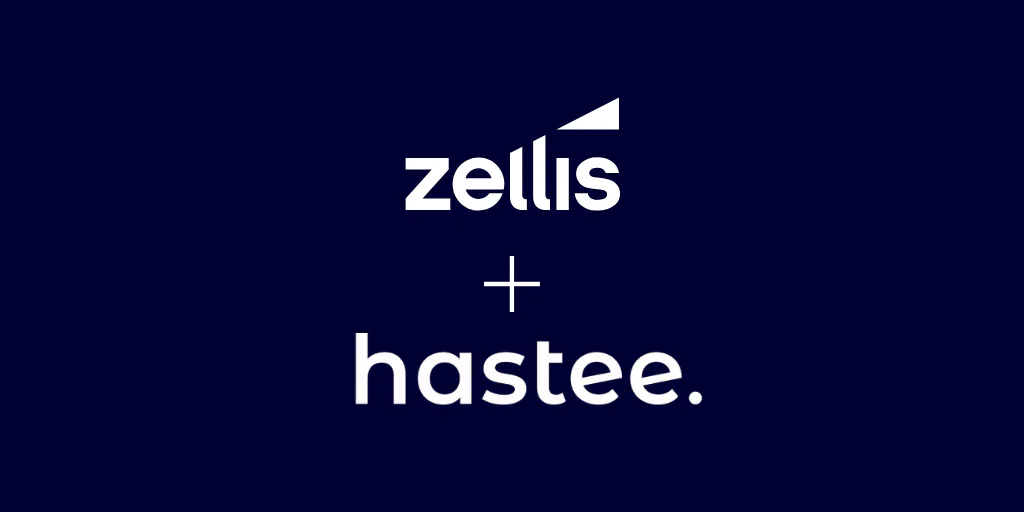It’s recently been reported that the divide between the poor and wealthy is growing. If you’re a working-class professional, you could be paid 17% less per year than someone from a privileged background. This is according to the Social Mobility Commission’s latest report which also finds only 34% of people who started professional jobs in the last year came from a working-class background.
Even if you’re educated to degree level, your prospects could be limited. Research from Resolution Foundation shows people aged 26-32 are likely to face worse job prospects, lower pay, or unemployment, thanks to the ongoing fallout of the 2007-2008 economic crisis which implied a lack of financial wellbeing.
But it’s not all bleak. Employment in the UK is actually on the rise, so things could turn around. Many companies are now striving to become ‘Destination Employers’ which means they want to increase their appeal to jobseekers by becoming more rewarding companies to work for through greater workplace benefits and the financial wellbeing. So there is hope, despite the depressing headlines.
Employment up, wages down
While access to jobs is actually much better than some scaremongering headlines make out, managing personal finances is still an issue and the financial responsibility is still having weigh. This week it was reported that UK wage growth has stalled (which means an increase of money worries) despite rising vacancies and falling unemployment.
As the Social Mobility Commission has highlighted, there is no current living wage that contracting, cleaning or catering companies are obligated to pay, so if you do find employment in these industries, you might struggle to get by.
78% of UK workers rely on high cost credit options such as credit cards, overdrafts and payday loans to get by between pay days according to Hastee Pay research. Borrowing to get by can lead to getting caught up in a dangerous cycle of debt, yet for so long there has been no other choice.
In reality, it’s not necessarily a question of how much people are paid, rather than how people are paid and how the companies which they’re working for are actually promoting their financial wellbeing avoiding so money worries,
Financial wellbeing and freedom is becoming reality
Hastee Pay recognises that traditional pay cycles no longer fit with modern financial demands and it’s actually causing money worries. More flexible access to your salary means you can manage your money better without relying on high cost credit to get by until pay day comes. That’s why we created our earnings on-demand app that lets workers access up to 50% of their monthly salary between pay days.
We believe workers should have the opportunity to balance their incomings with their outgoings without spiralling into debt by borrowing to get by. We also believe in helping employers get the best from their workers and increasing financial wellbeing in the workforce. Providing workers with on-demand access to pay is a great way to do just that.
Whether you’re a business that wants to attract and retain workers with a discreet and flexible employee benefit that helps to increase productivity, or you’re a worker who thinks your employer should be doing more to tackle financial stress in the workforce, Hastee Pay is here to help to promote financial responsibility and to help stopping money worries.
Together with the employers that have already implemented our earnings on demand app, we’re instigating real change in the way people access and manage their money. The need has never been greater.

Zellis group acquires Hastee to enhance HR and payroll offerings
Zellis Group expands its employee wellbeing offering with strategic acquisition that integrates earned wage access, financial education and money management tools into its Group Portfolio. Bristol, June 16, 2025: Zellis Group, a leading provider of AI-enabled HR,...








